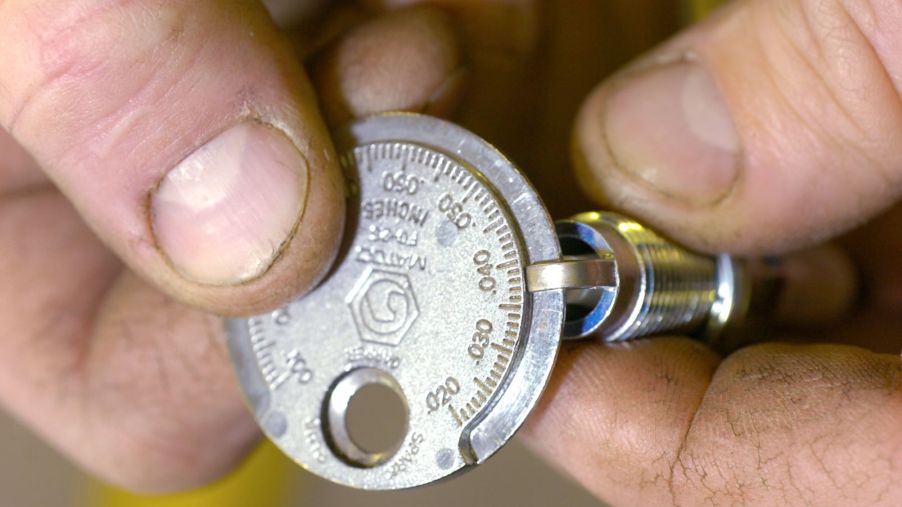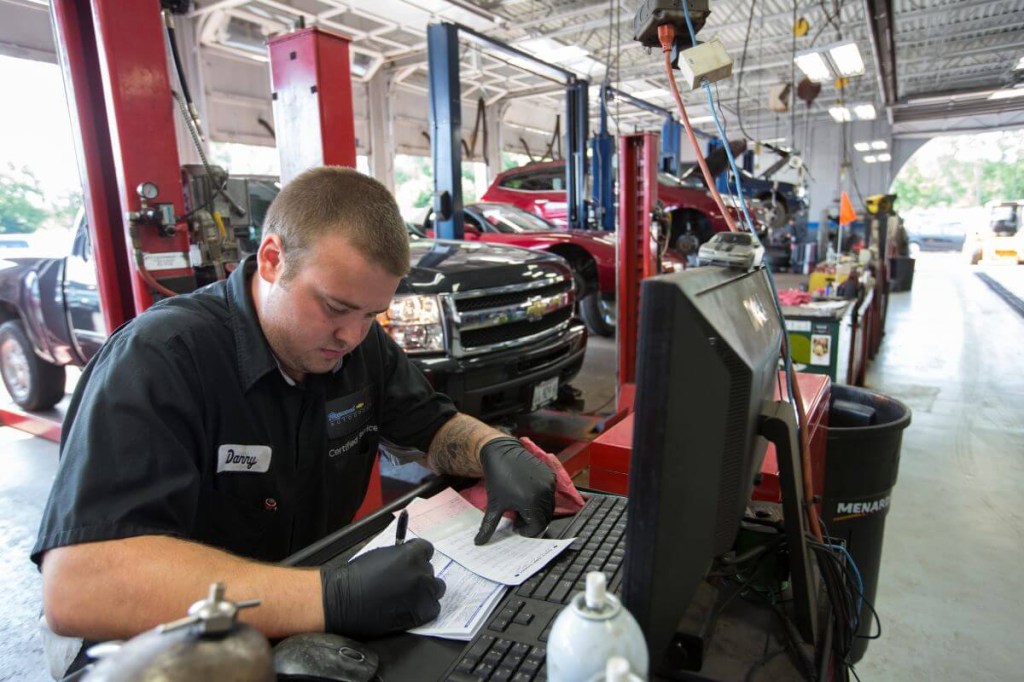
7 Signs You Need to Replace Your Spark Plugs
Spark plugs are responsible for creating the electricity that ignites the air-fuel mixture in the combustion engine of a vehicle, which starts our cars. The plugs set the engine’s pistons in motion and continue to provide power to keep your vehicle moving down the road. Appropriate and timely maintenance improves the longevity of your car and also encourages a better driving experience. If you forget to take your car in for a regular tune-up, it may show signs that it needs some attention and auto care. So, what happens when spark plugs go bad, and what can you do to fix them? Here are seven signs and symptoms that tell you it’s time to replace the spark plugs.
1. The car is hard to start

The battery is often blamed as the culprit for a vehicle not starting. However, spark plugs can just as easily be the cause. Your car’s engine must work harder to compensate for worn or clogged spark plugs. It may be challenging to start your vehicle if the weather conditions are harsh. In that case, there’s not strong enough spark to turn the engine over.
2. The engine misfires
There may be other reasons why the engine misfires, like a bad ignition coil plug cap or inferior quality fuel. However, a misfire is often the result of at least one worn spark plug. You’ll notice the engine pace falters and then catches back up. You may also hear the engine pop as it loses and regains timing. When a vehicle misfires, it sends raw fuel into the exhaust, ultimately damaging the catalytic converter.
3. You’re heading to the gas station more often
According to Firestone, worn spark plugs create extra work for your engine. In essence, they’re “not able to effectively burn the fuel” in the combustion chamber. You’ll feel the results of deteriorated plugs in your wallet as you shell out more for fuel faster, making it a frustrating early warning sign of bad spark plugs.
4. The engine idling is rough and noisy
If you notice knocking or rattling noises coming from your engine, it’s time to get the spark plugs checked. Even without the stress of a moving motor vehicle, old spark plugs can lead to a stationary yet noisy car.
5. Your car struggles to accelerate
A worn spark plug is no longer effective at creating the spark necessary to ignite the fuel-air mixture in the combustion chamber. One of the most prominent places you’ll see this lack of energy is when the car struggles to accelerate properly.
6. The engine is really loud during normal driving
Whether you drive a vehicle with a four-, six-, or eight-cylinder engine, you’ll notice when at least one of the spark plugs is malfunctioning by the noise. Reducing the effectiveness of a cylinder overworks the others and can create strange noises when driving, like rattling.
7. Your ‘check engine’ light is on
Even if you forget to check your vehicle in for scheduled maintenance, its system is finely tuned to alert you to potential problems. Pay attention to the check engine light. It’s a preemptive warning telling you it’s time to take action to prevent car accidents or more severe (and expensive) maintenance issues.
How often should you replace spark plugs?
The good news is that even with nickel-chromium plugs, you should only have to replace them every 20,000 to 30,000 miles. On the other hand, Noble metal plugs can carry you past 100,000 miles. According to Repair Pal, spark plug costs vary depending on the age and model of your vehicle, but are usually between a range of $70 to $93, with added costs if you need to hire a professional to replace them.
The critical takeaway is to pay attention to your car’s early warning signs. It’s easy to overlook a routine maintenance appointment. However, when your vehicle reminds you, it’s in your best interest to heed the advice. You can bank on one thing: Failing spark plugs can add to costly repairs.
Next learn how to read your spark plugs to learn your engine’s secrets while changing them.





